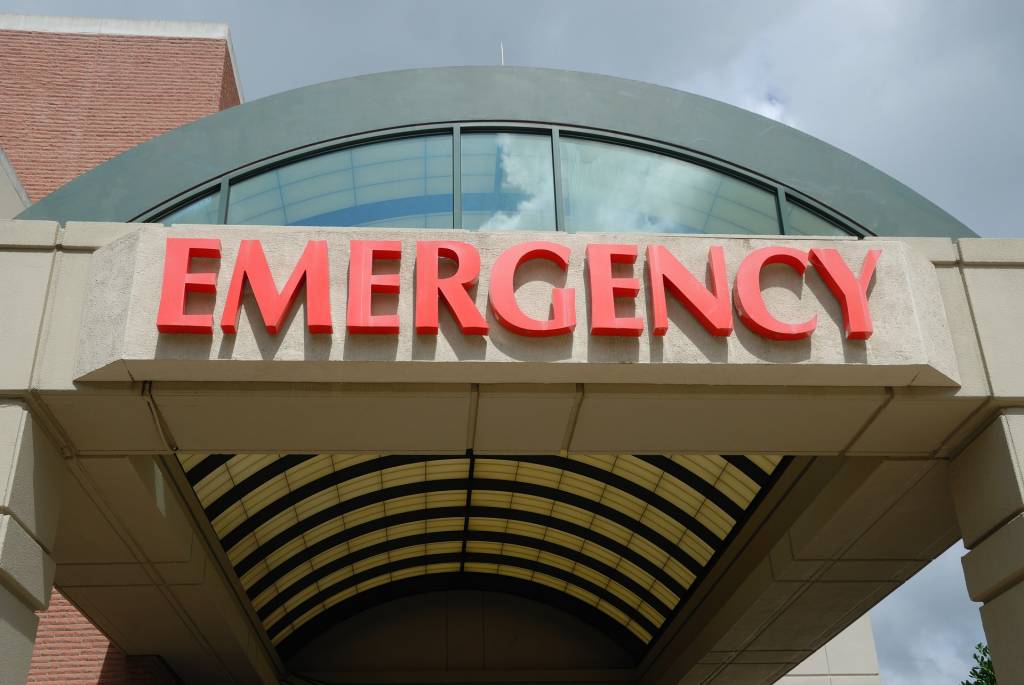How to Manage Physician Burnout Symptoms
Physician burnout affects approximately 50% of medical professionals. Given the long hours and increasing demands, it is no surprise that so many of our medical providers are overwhelmed, depressed and burned out. Last week we looked at what the signs of physician burnout were. This week therapist Teyhou Smyth looks at managing these symptoms for the longterm benefit of the doctors and their patients.

Recognizing Physician Burnout
Burnout can happen in any profession. For doctors, burnout can have dire consequences, not only for the individual provider, but for patients.
Common signs of physician burnout include:
- Physical and emotional exhaustion
- Emotional detachment/depersonalization
- Cynicism about patients
- Feeling useless/loss of meaning in work
- Work is taking over life
- Making more mistakes
What are the Risks of Doctor Burnout
The risks of doctor burnout can be severe. Depression impacts around 30% of physicians.
Addiction is another significant risk for physicians experiencing burnout symptoms. Approximately 10 to 15 percent of doctors are addicted to alcohol or prescription drugs. The rate of prescription addiction in medical providers is higher than the general population.
The risk of completed suicide by physicians increases throughout their lifespan, and outnumbers the statistics of the general population. Out of 100,000 doctors, 28-40 commit suicide. This number reflects a higher percentage than the general population.
How to overcome Physician Burnout?
Taking Steps Toward Wellness
These statistics are tragic and reflect the need for significant change in the way doctors practice and participate in self-care. There are some strategies physicians and practice managers can employ to reduce the impact of burnout.
Practices/hospitals need to ask for feedback.
Surveying medical professionals to determine what areas of need are relevant is important. Re-visit the survey annually and look for trends in physician needs and requests.
Reduce charting/administrative tasks.
In a survey about burnout, 59% of doctors included charting time and administrative tasks as being a significant source of workplace distress.
As our digital world expands, the need for data entry also increases. Delegating these tasks to scribes or other trained professionals would help reduce burnout and maintain focus on patient care.
Flexible scheduling/reduced hours.
Working extreme hours and dealing with life-impacting health concerns is not a good combination for anyone. Offering hours that are tailored to the personal needs of doctors (allowing more time for family and self-care) is vital in improving physician quality of life and improved patient care.
Cap the patient roster.
Reduce the number of patients on individual physician’s panels. Trying to see too many patients and tracking too many health outcomes is a set up for burnout.
Incentivize wellness and self-care.
Practices can make self-care a valued part of the culture and encourage doctors to participate in healthy activities such as gym access, mental health services and routine mindfulness practices.
Recentre and gain perspective.
Physicians benefit from a routine spiritual practice; this doesn’t necessarily mean religious endeavors, but this may suit some individuals. Paying attention to the larger picture and recognizing the limitations one has in the scheme of things is necessary to preserve the energy and resources of medical professionals.
Meditation, prayer, mindfulness and other spiritual activities can help doctors reconnect with internal resources and remember that there is only so much that one person can do. Self-compassion is an important part of this recentering process.
Physician burnout is a significant issue that impacts medical providers and patients alike. Fortunately, burnout is treatable and symptoms can be managed with common-sense solutions that take the individual needs of doctors into account.
[This blog post originally appeared on Teyhou’s website www.livingwithfinesse.com ~ some content may have been modified for the UK context.]
